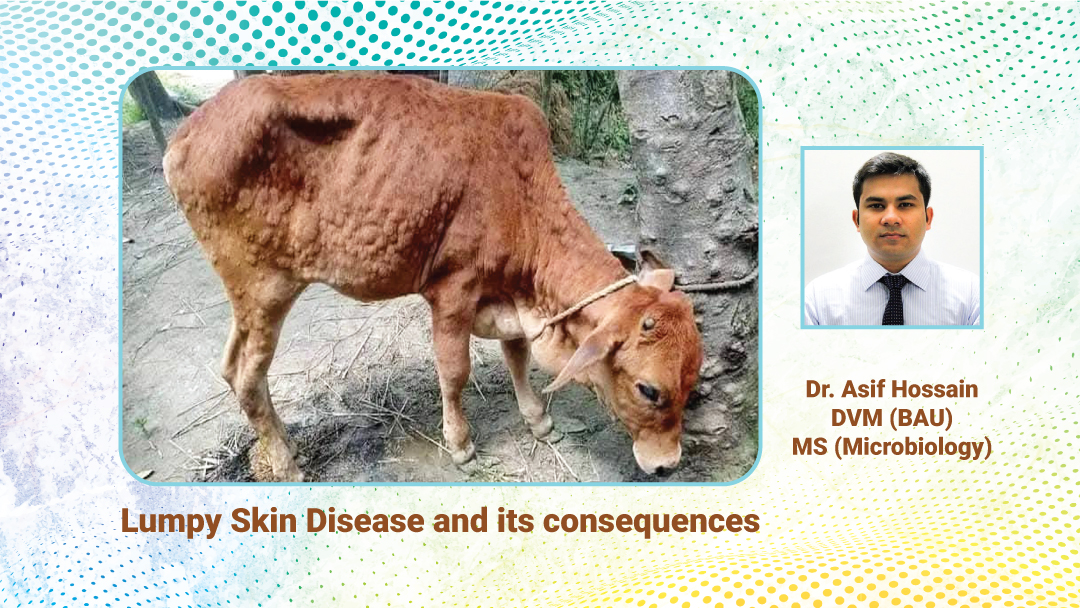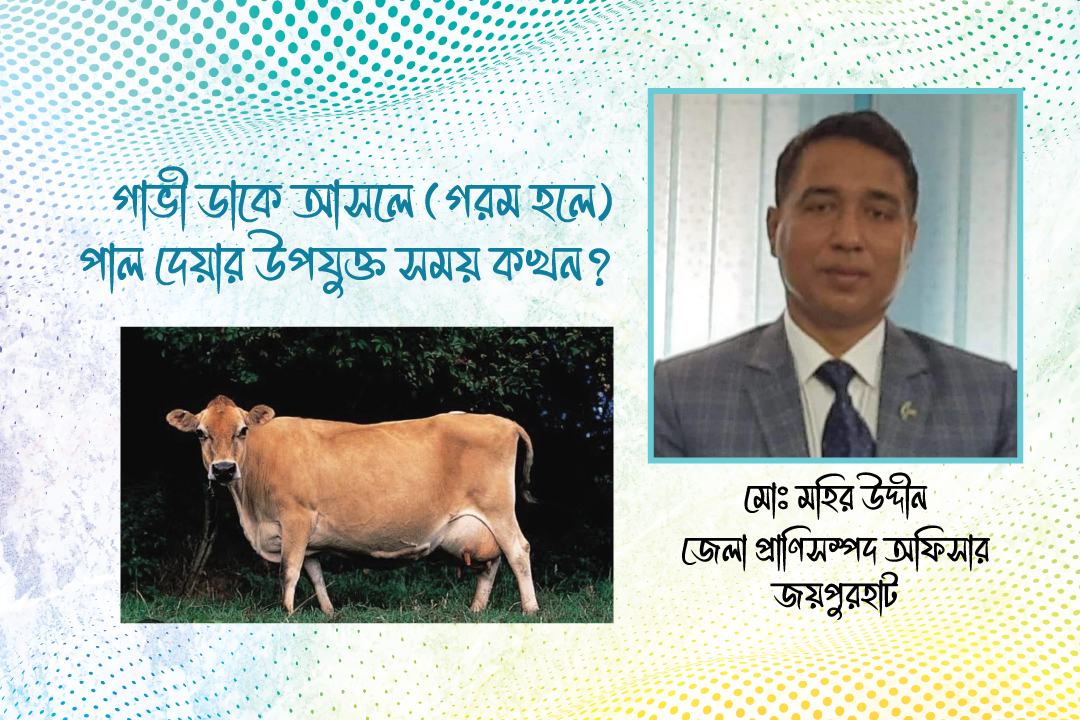Lumpy Skin Disease (LSD) is a viral infection in cattle that causes skin lesions, fever, and can lead to significant economic losses due to reduced milk production, decreased animal value, and trade restrictions. The disease, primarily spread by insects, can also cause mortality, especially in naive animals.
Consequences of Lumpy Skin Disease
Economic Impact:
- Reduced Milk Production: Cows infected with LSD experience a significant drop in milk yield, impacting farmers’ income.
- Decreased Animal Value: Skin lesions can lead to hide damage, reducing the value of cattle for meat production and other uses.
- Trade Restrictions: Outbreaks can lead to trade bans on cattle and related products, further impacting economies.
Animal Health:
- Skin Lesions: The most visible symptom is the development of nodules (lumps) on the skin, which can be painful and prone to secondary infections.
- Fever and Other Symptoms: Affected animals may also exhibit fever, nasal discharge, hypersalivation, and swollen lymph nodes.
- Mortality: While mortality is generally low, it can be higher in young calves or animals with compromised immune systems.
- Reproductive Issues: LSD can cause abortions in pregnant cows and affect bull fertility.

Public Health: While LSD is not a zoonotic disease (meaning it cannot be transmitted to humans), the economic impact on farmers can indirectly affect the availability and price of animal products like milk and meat.
Transmission:
- Insect Vectors: Primarily spread by blood-feeding insects like flies, mosquitoes, and ticks.
- Direct Contact: Can be spread through direct contact with infected animals or contaminated materials.
- Semen: Infected bulls can transmit the virus through semen.
Prevention and Control:
- Vaccination: Vaccination is the most effective way to prevent LSD outbreaks.
- Vector Control: Managing insect populations through insecticides and other measures can help reduce transmission.
- Biosecurity: Implementing strict biosecurity measures on farms can help prevent the introduction and spread of the virus.
– Dr. Asif Hossain, DVM (BAU), MS (Microbiology)







